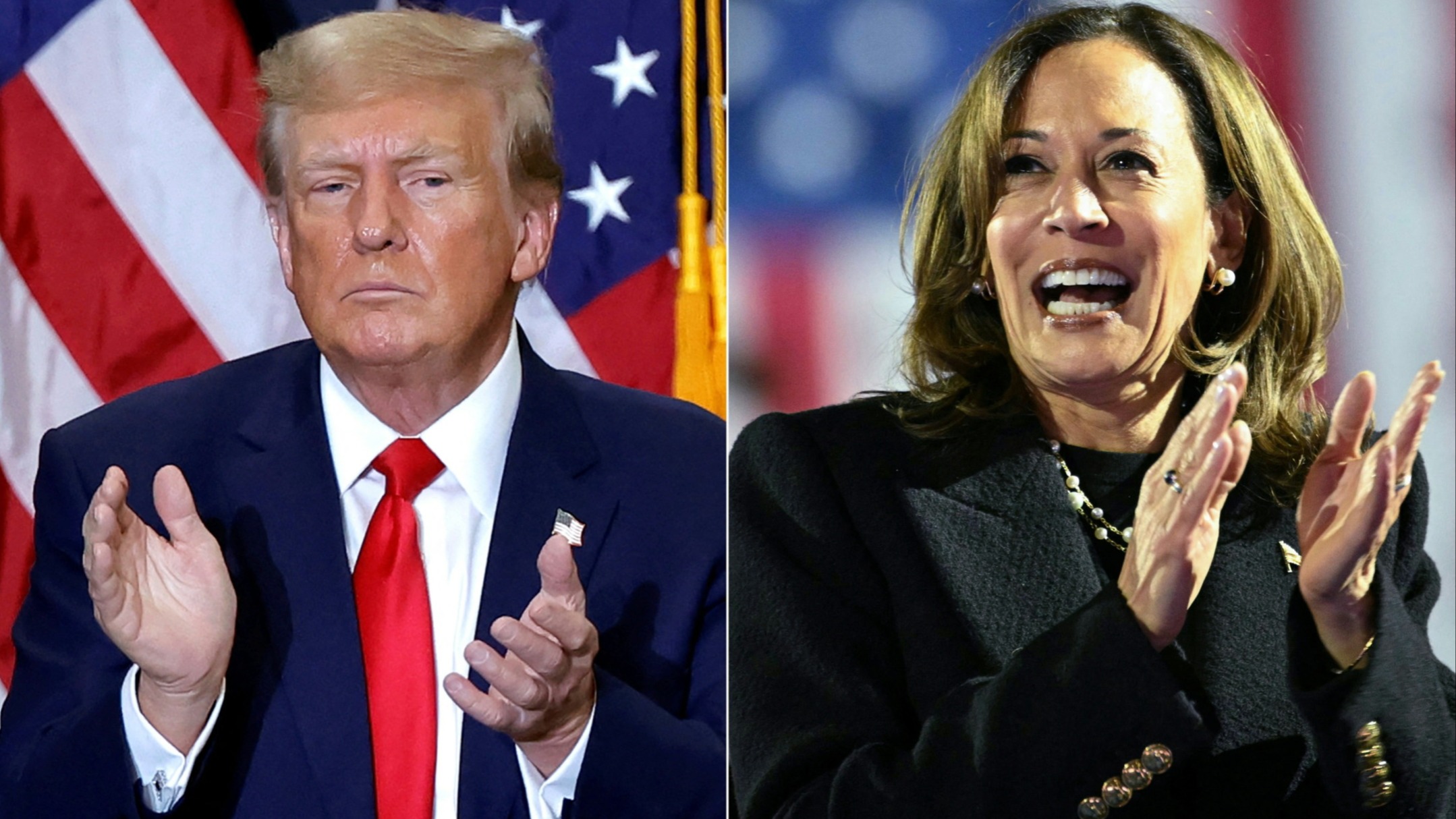
Editor’s note: guilt by association
The latest edition of our Sustainable Views newsletter
Dear reader,
As all eyes are focused on the US, Elizabeth has delved into the data showing the extent of corporate influence on the US elections.
Elon Musk may be the most overt example of this, but, as Elizabeth writes, behind the scenes plenty of companies have been lobbying to influence candidates and policies. She quotes research from non-profit OpenSecrets suggesting total corporate spending of $15.9bn on the 2024 presidential elections, with political action committees — tax-exempt organisations that pool campaign contributions — contributing at least $2.6bn as of mid-October.
Elizabeth singles out trade associations as being particularly responsible for working out of sight for companies wanting to push their own agendas on politicians.
“Some trade associations have an obvious stake in specific outcomes,” she writes. “It is self-evident the American Petroleum Institute has interests in the continuation of fossil fuel production in the US. But for organisations like the Chamber of Commerce and Business Roundtable, which represent thousands of businesses across sectors and regions in the country, the motives are less clear.”
ClimateVoice research published in October 2024 suggests the Business Roundtable and the chamber’s climate policy engagement mirrors the interests of fossil fuel advocacy groups, aligning most closely with the API and the American Gas Association. The non-profit also finds some of the biggest contributors to the chamber are PepsiCo and Johnson & Johnson, pharmaceuticals company Pfizer and car manufacturer Ford.
ClimateVoice calls this “guilt by trade association”.
Bad publicity
In a similar vein, Claudia examines a report by InfluenceMap calling on advertising companies to take stock of their clients’ divergent views on climate policies and regulation and address conflicts of interest. It warns that companies addressing their emissions may start to question whether their interests are being served properly by agencies that simultaneously work for businesses that are obstructing climate action.
The non-profit analysed the client database of the world’s six largest advertising companies: namely, American companies IPG and Omnicom, French groups Havas and Publicis, Japanese peer Dentsu, and British concern WPP, and found various instances of conflicts of interest.
Suitcase-sized heat pumps
Finally, as the weather in Brussels turns chilly, renewable energy aficionado Thomas Nowak from Qvantum Industries explains how he believes the smart integration of existing technologies can decarbonise multifamily buildings.
“A suitcase-sized heat pump paired with a hot water tank and a smart controller, all connected to a shared water loop that acts both as a heat source and a heat sink, can be the solution to decarbonising multifamily buildings,” he argues.
“Cities deploying this concept can significantly reduce overall energy demand while using renewables and waste heat, making urban sustainability practical, efficient and affordable,” adds Nowak.
Until tomorrow,
Philippa
Philippa Nuttall is the editor of Sustainable Views

